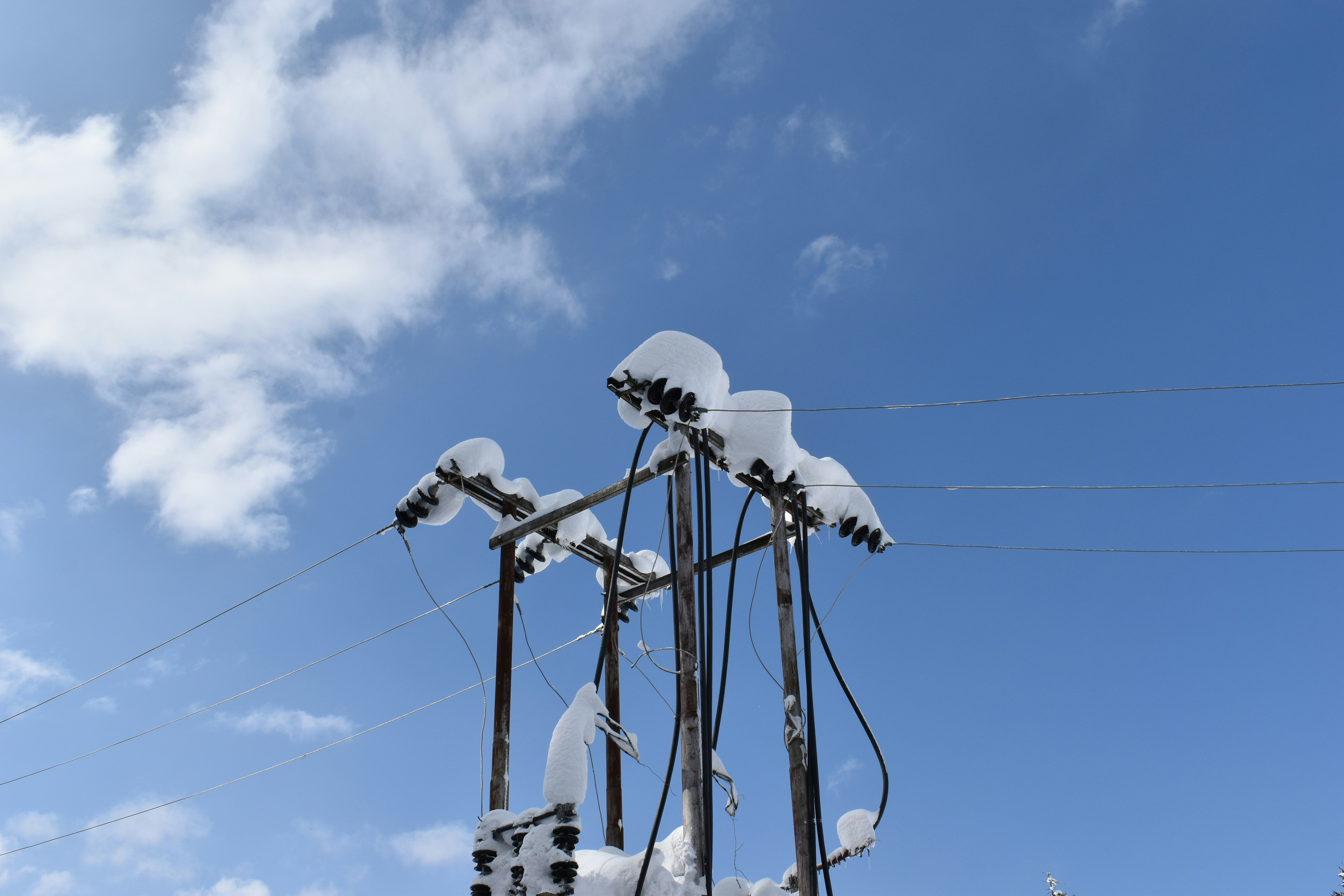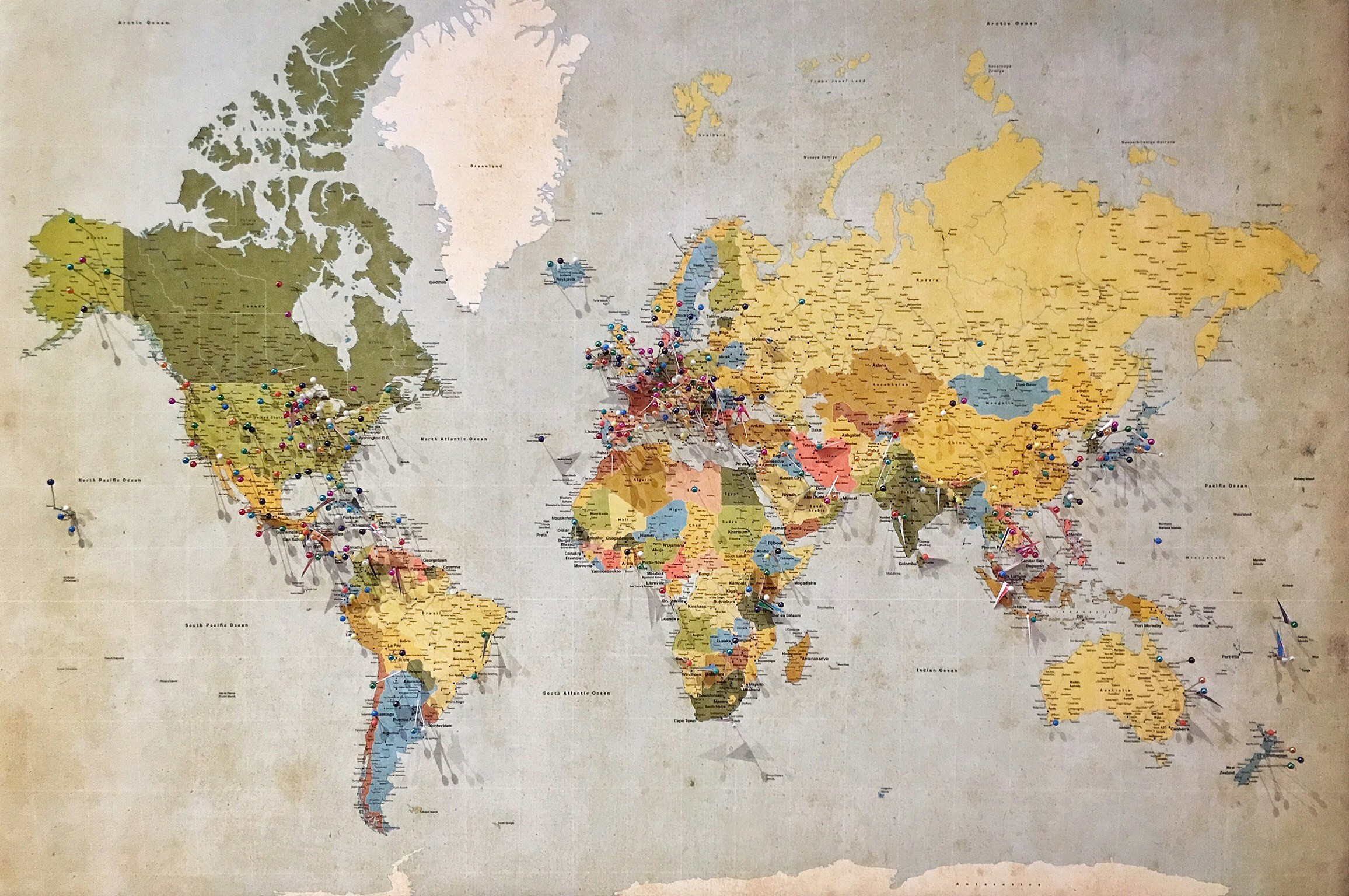We’re extremely excited to unveil the latest tool for helping journalists and researchers access important data for reporting and investigations: the Africa Data Hub Climate Observer.
The Climate Observer has been produced by OpenUp, a leading South African civic tech organisation, and joins the African Data Hub Inflation Observer* and previous work on Covid-19 distribution and vaccines making important published data more accessible. It brings together two key datasets, the Berkeley Earth temperature time series and the Global Precipitation Climatology Centre (GPCC)’s rainfall data, and makes them easy to interrogate for any city, town or village in Africa.

These two datasets are used by academics and policy makers worldwide to inform their knowledge and inform the public about the climate crisis. The Berkley Earth dataset is used, for example, in the famous #ShowYourStripes visualisation developed by the University of Reading to communicate the undeniable rise in temperature over the last 170 years.

A third dataset, from the International Disaster Centre for Research on the Epidemiology of Disasters, has been used as the source for a timeline of climate related events which reporters can use to compare contemporary incidents to those in recent history.
Access rainfall and temperature data for Africa
The Climate Observer is the result of our research into existing tools available for non-scientist writers to report on the climate crisis. What we found, and recorded here, was that although datasets which model climatology at the global scale are readily available, they are enormous and distributed in filetypes which are not easy to use. The NetCDF filetype, in particular, can store decades of data mapped to tens of thousands of geographic points, but they require specialised software and skills to manipulate.
The sad truth that we discovered was that these datasets, and others like them, have been reworked for ease of access, but as a rule the focus has been on ease of access for reporters, we were unable to find anything which covered the African context in great detail (although some do a good job at the national level). To put it simply, for most journalists in the Global North the climate record for their town is just a Google Search away. Search for weather data about African towns and cities, however, and you’ll most likely find tourism information about when to bring an umbrella.

By extracting only data for the African continent and with only relevant datapoints, the OpenUp data team was able to create files that can be used to power a web application which enables you to locate data based on location name or co-ordinates.
There are two caveats that journalists should be aware of when using the Climate Observer: first and foremost, it is important to remember that most of the data is modelled, not observed. To put it another way, there are only a limited number of base stations that collect ground temperature and rainfall, and readings from these stations - along with satellite imagery - are combined to “fill in the gaps”. You might, in other words, see a rainfall measurement of 52mm for July 2012 in a particular town - this will not be a 100% accurate reading but a best approximation by the data owner. In addition, the datasets we have used are geocoded using lines of longitude and latitude, in 1x1 degree squares. These squares are roughly 100x100km in size. What this means is that although you may see your 52mm reading as specific to a particular village, in reality this is an average for that whole square.
Please don’t let that stop you using the data, or sharing it with colleagues and friends. This is the same data as used by serious climate scientists around the world. Just be aware of its limitations and that the data owners may have licensing restrictions around commercial use (these are listed in the About page).
And if you do use it, please remember to credit the original sources and Africa Data Hub - and let us know! We’d love to find out if it’s been useful and how we can improve it, and share your stories which incorporate it too.
We’ll be updating the Climate Observer with the latest data as it becomes available, and adding other datasets related to the climate crisis - such as air quality - over the next few months.
*If you haven’t used the Africa Data Hub Inflation Explorer yet, you can find out why this is a unique tool for local journalists here.
Dirk Meerkotter is a developer at OpenUp. As well as being a data wrangling expert, DIrk has a background in journalism, design and research.
Adam Oxford is a freelance journalist and product strategy consultant to newsrooms. He works with OpenUp on several projects including Africa Data Hub.

.jpg)
-p-1080.jpg)





